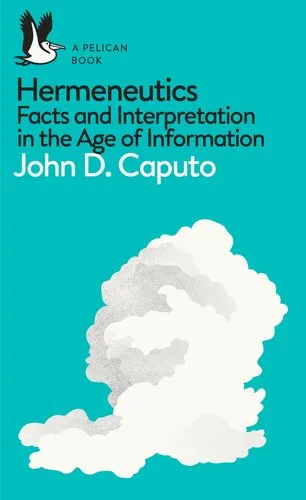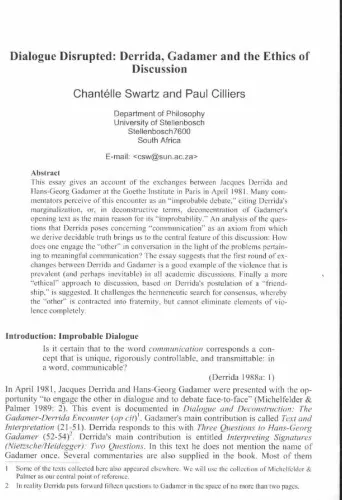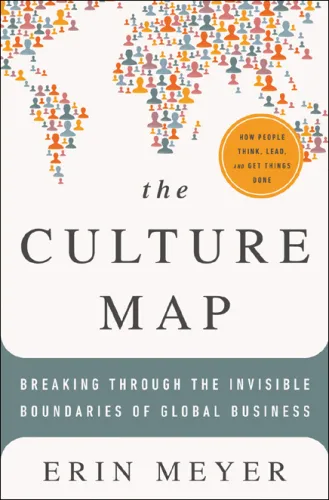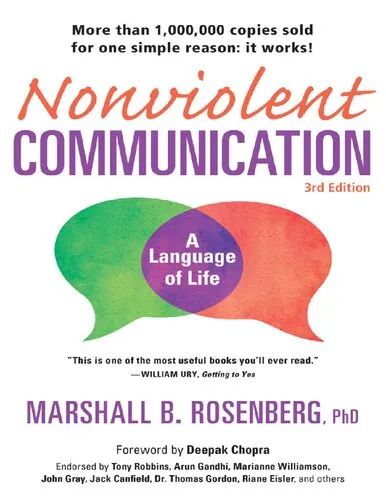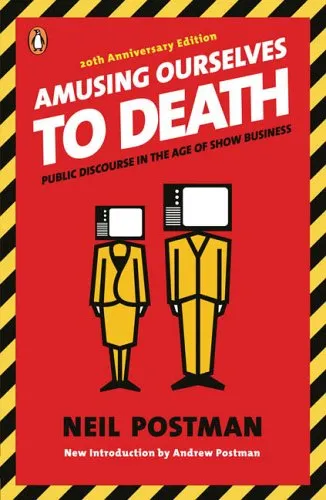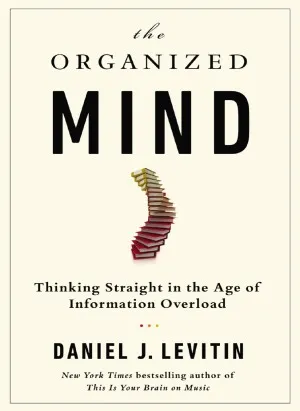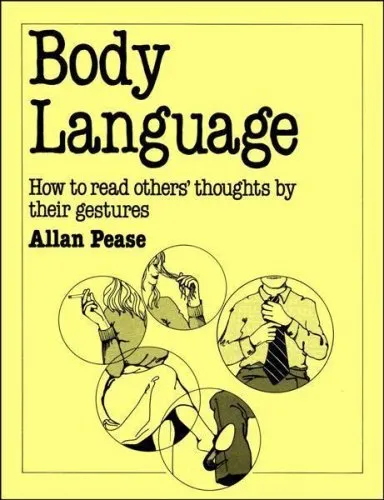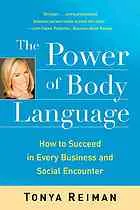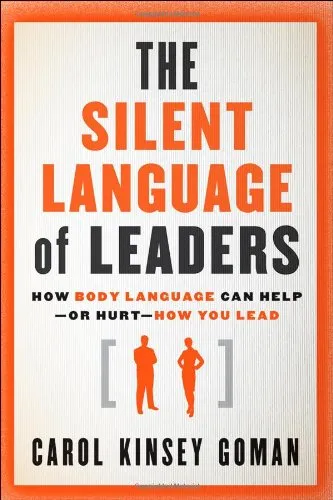Hermeneutics: Facts and Interpretation in the Age of Information
4.8
Reviews from our users

You Can Ask your questions from this book's AI after Login
Each download or ask from book AI costs 2 points. To earn more free points, please visit the Points Guide Page and complete some valuable actions.Related Refrences:
Welcome to the rich and engaging world of 'Hermeneutics: Facts and Interpretation in the Age of Information'. As we navigate through vast amounts of data and information every day, understanding the art of interpretation becomes more crucial than ever. In this book, we explore hermeneutics, the theory and methodology of interpretation, and its vital role in the digital age.
Detailed Summary of the Book
In 'Hermeneutics: Facts and Interpretation in the Age of Information', I delve deep into the philosophical tradition of hermeneutics, expanding its classical boundaries by integrating contemporary concerns. The book covers the basics of hermeneutics, tracing its historical evolution from ancient Greek philosophy to its modern-day applications. I examine the works of pivotal figures like Hans-Georg Gadamer and Paul Ricoeur, who have contributed significantly to the field.
As we proceed, the book tackles the nuanced relationship between facts and interpretation, highlighting why hermeneutics is essential in deciphering the layered meanings within information. In today's world, where information is incessantly abundant yet sometimes misleading, understanding how interpretation shapes our view of facts is imperative. This is particularly evident when discussing issues in media, politics, and personal identity, where interpretation can dramatically affect perspective and understanding.
The narrative sheds light on digital hermeneutics, a subfield gaining momentum as technology continuously evolves. Here, I explore how algorithms and artificial intelligence interpret data, raising questions about objectivity and meaning-making in the digital sphere.
Key Takeaways
- Hermeneutics is about the process and methodology of understanding and interpretation.
- Interpretation is subjective and influenced by cultural, historical, and contextual dimensions.
- In the digital age, distinguishing between fact and interpretation is more challenging yet essential.
- Technology's role in interpretation processes raises questions about bias and accuracy.
- Understanding hermeneutics can enhance critical thinking and media literacy.
Famous Quotes from the Book
"The art of interpretation is not merely about uncovering hidden meanings but about engaging with the complex interplay between fact and interpretation."
"In an age dominated by information overload, the capacity to discern reliable data from a sea of interpretations is invaluable."
Why This Book Matters
Our digital epoch poses unprecedented challenges in processing the vast influx of information. 'Hermeneutics: Facts and Interpretation in the Age of Information' serves as a fundamental guide for those seeking to understand and navigate these challenges. The book underscores the importance of interpretation in shaping our perceptions, beliefs, and knowledge. By engaging with hermeneutics, readers can better appreciate the role of context, history, and culture in influencing interpretation.
Furthermore, this work is crucial for those interested in the philosophical implications of technology and the impact of artificial intelligence on human interpretation. As we grapple with concepts like "fake news" and data bias, the tools offered by hermeneutics become even more pertinent. This book empowers readers to critically analyze information and develop a keener awareness of how interpretations affect their everyday lives.
Free Direct Download
You Can Download this book after Login
Accessing books through legal platforms and public libraries not only supports the rights of authors and publishers but also contributes to the sustainability of reading culture. Before downloading, please take a moment to consider these options.
Find this book on other platforms:
WorldCat helps you find books in libraries worldwide.
See ratings, reviews, and discussions on Goodreads.
Find and buy rare or used books on AbeBooks.
1427
بازدید4.8
امتیاز0
نظر98%
رضایتReviews:
4.8
Based on 0 users review
Questions & Answers
Ask questions about this book or help others by answering
No questions yet. Be the first to ask!
